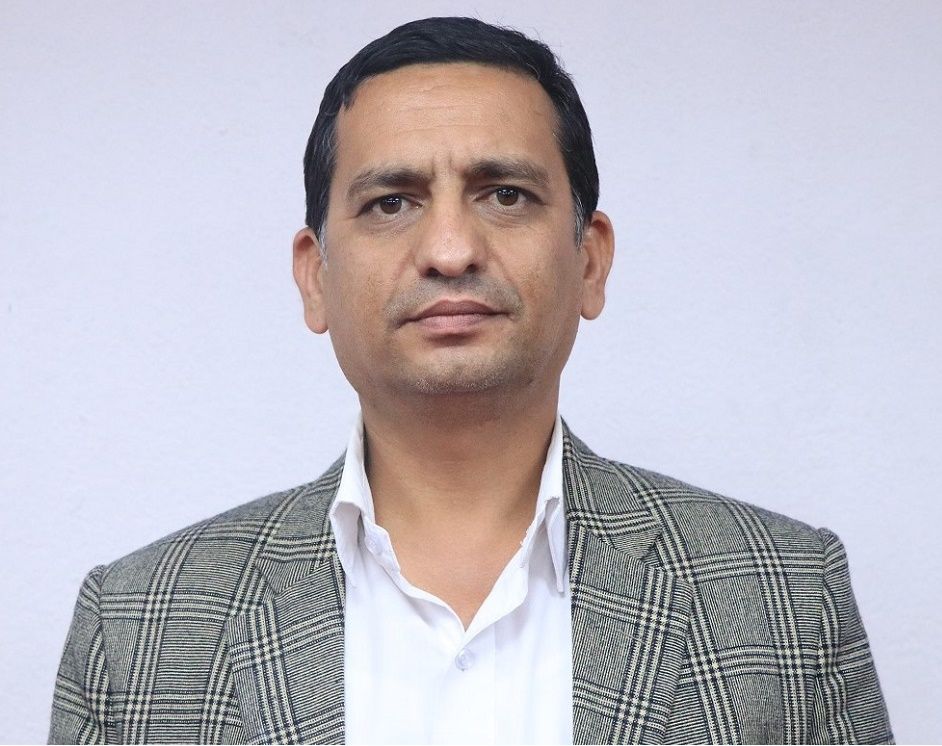
In the ever-evolving landscape of modern communication, mobile phones have become essential gadgets, enabling easy connectivity, and social networking helping in day-to-day tasks.
In a country like Nepal, where technological advancements have made significant strides, the pervasiveness of mobile phones has revolutionised various aspects of daily life. However, as the nation grapples with the challenges of inadequate infrastructure, the reckless use of mobile phones while in motion poses a grave threat to public safety.
Mobile menace
Two decades ago, landlines were the primary means of communication, and the shift towards mobile phones brought about a paradigm shift. While the benefits of mobile phones are evident, the dangerous consequences of their misuse, especially in a country like Nepal, cannot be overstated.
Incidents of accidents involving mobile phone use during activities such as walking, riding, or driving have become alarmingly common. Kathmandu, teeming with vehicles of diverse categories navigating heavy traffic, stands witness to the potential disasters that a momentary lapse in attention can unleash.
College students and young adults, in particular, seem oblivious to the dangers posed by using mobile phones on the road. Neglecting basic safety precautions, individuals engage in phone conversations while crossing roads, riding motorcycles, or even driving cars.
The repercussions of such carelessness extend beyond self-harm, impacting the safety of others sharing the road. Reckless driving compounded by mobile phone use can result in collisions with pedestrians and vehicles alike.
While penalties for mobile phone use while driving exist, the lack of a robust traffic infrastructure in Nepal hinders effective enforcement. Despite the presence of cameras in the city, their effectiveness remains limited. Discipline, a vital component of road safety, is noticeably lacking, with drivers exhibiting a stark contrast in behaviour compared to their counterparts in countries with stringent traffic regulations.
Many drivers, having experienced the disciplined driving culture in Gulf countries, tend to abandon all caution when back in their home cities. The lax enforcement of traffic rules in Nepal, coupled with the amicable relationship between the public and traffic police, contributes to a lackadaisical attitude towards road safety.
Call for road safety

Traffic police, some of whom are seen engrossed in prolonged mobile phone conversations, need to set an example by adhering to the rules they are tasked with enforcing. In addressing the challenges posed by the narrow roads, unsystematic parking, and the proliferation of vehicles, fostering a sense of responsibility among the younger demographic is crucial.
Reckless driving incidents involving tankers, public buses, and other commercial vehicles highlight the urgent need for proper driver orientation programs. Public transport drivers, in particular, must be instilled with a sense of dignity and responsibility towards society, ensuring the safety of their passengers.
Creating a culture of safety necessitates collaboration among various stakeholders. Road and highway infrastructure must be continually updated to accommodate the increasing volume of vehicles. Simultaneously, campaigns and educational programs should be initiated to raise awareness about the perils of mobile phone use while mobile and the importance of adhering to traffic rules.
To end, while mobile phones have undoubtedly transformed the way we communicate and conduct our daily affairs, their misuse poses a severe threat to road safety, especially in a country like Nepal with inadequate infrastructure.
The key to mitigating this threat lies in instilling discipline, raising awareness, and fostering a collective sense of responsibility among young and old citizens. Only through concerted efforts can Nepal pave the way for safer roads in the digital age.






















